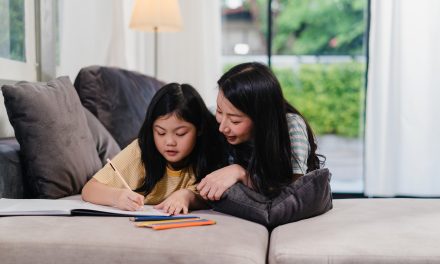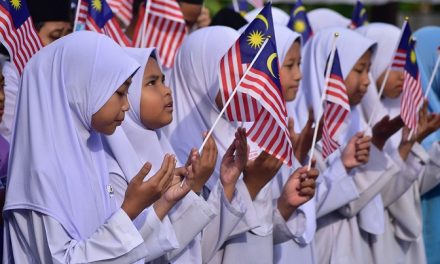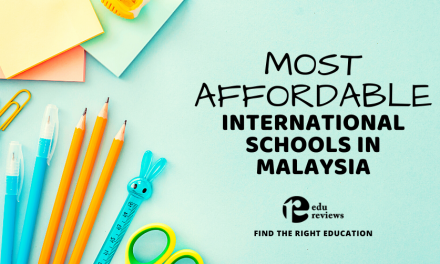Growing up, my parents would either ask me to close my eyes or change to another channel whenever there was a kissing scene on the television. What was the reason, the 8 years old me had no idea – nobody had ever talked about it. Sex? That’s totally out of the question.
In fact, I only had a ‘formal introduction to sexual education’ when I was fifteen and that was from my science class. The infamous chapter four, they call it. And as much as we were excited about learning these new things, most of what was covered was purely biological. We were not taught about anything else outside of that.
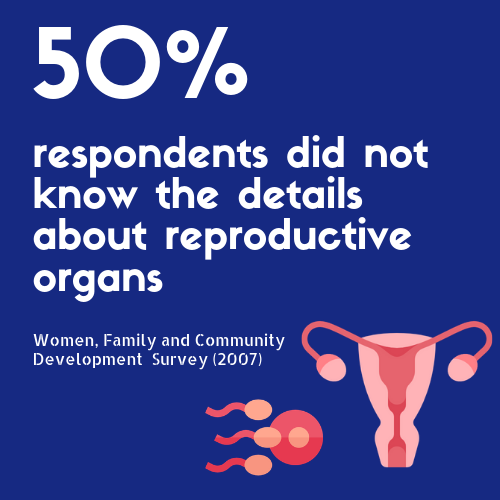 But who are we kidding? It isn’t that simple. There will be so many changes once puberty hits adolescents, both physiological and psychological. This can be a bit overwhelming for them because schools only scraped the tip of the iceberg. At this stage, it is only natural that they are curious about sex and sexuality.
But who are we kidding? It isn’t that simple. There will be so many changes once puberty hits adolescents, both physiological and psychological. This can be a bit overwhelming for them because schools only scraped the tip of the iceberg. At this stage, it is only natural that they are curious about sex and sexuality.
Precocious and resourceful, if they can’t get the information from you, they can always refer to the media. Nevertheless, merely depending on the internet, magazines, and television can be dangerous because many misrepresentations of gender and sex had been propagated by these same sources. Therefore, an alternative is that for us to create a comprehensive education plan that can keep our youth more informed about sex and gender-related issues.
Sadly enough, whenever the issue of sex education arises, it becomes a hot debate, especially in Malaysia. The negative social connotations that ring around this issue is so prominent, many think that advocating sex education (especially in school) equals to encouraging the youth to engage in more sexual acts and become more promiscuous when it actually does the opposite. That’s why countries with the lowest teen pregnancy like Italy, Germany, and Switzerland are adopting comprehensive sexual education with the United Nation recognising it as a basic human right.
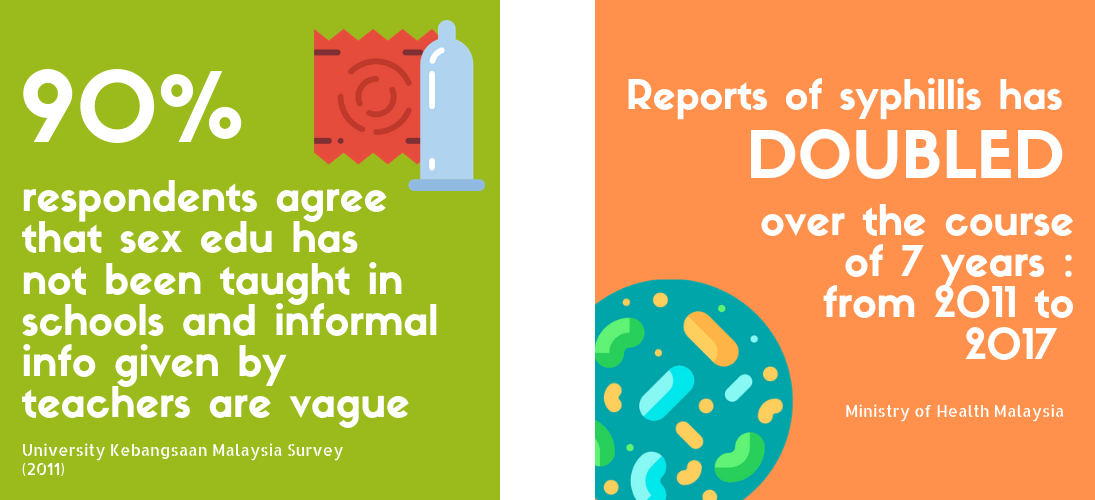
Comprehensive sex education, in essence, teaches youth not just about the human body development, it also addresses topics like gender role and identity, sexual health, consent, and abstinence, as well as relationships.
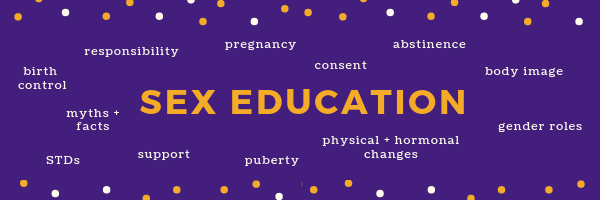
It also teaches us about social issues, what to do after a rape, the myths about sex, how sexuality is being represented in the media, where to get support and etc., ultimately creating a safe sphere where they can ask questions about things related to sex.
Being in a conservative country, many of us adhere to the ‘abstinence-until-marriage’ view which promotes the idea that sex before marriage is a social problem because it is morally wrong. It resonates with the call of many major religions. Nonetheless, withholding information about contraceptive and sex, in general, does not solve the problem. Instead, it increases the risk of our young teens of getting sexually transmitted diseases, being sexually taken advantage of and having unplanned pregnancies.
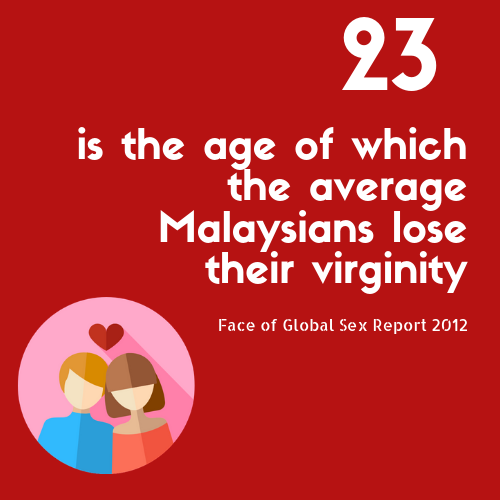 According to the National Registration Department (JPN) record, there were more than 530,00 children that were registered as out of wedlock, in between the year 2005 to 2015. We are talking about more than half a million illegitimate children here. And this statistic will surely be higher if unregistered children and dumped babies are taken into account as well.
According to the National Registration Department (JPN) record, there were more than 530,00 children that were registered as out of wedlock, in between the year 2005 to 2015. We are talking about more than half a million illegitimate children here. And this statistic will surely be higher if unregistered children and dumped babies are taken into account as well.
This is really sad. Uninformed then terrified, many young mothers ended up dumping their newborns at places of unimaginable conditions while some others resorted to abortions, not knowing that there are other alternatives available for their unplanned pregnancies. So many innocent children are deinstitutionalised, while some even lost their precious lives, all because their young parents were not provided with the knowledge nor did they know where they can get support from.
It is essential to understand that we are not advocating the proliferation of free sex in any way, but our children need to be properly informed regarding this matter. More parents are starting to open up and discuss sex-related matters with their children too. Despite that, Malaysia still needs to work hard in our effort to create a safe space where our children can be comfortable talking about their concerns, ask questions and learn about sex and gender.
With that being said, I urge parents to start giving sexual education at home even before your child starts dating. As much as I understand that it is not an easy thing to do, better be safe than sorry. Do read here to know more tips on what you should do when your child starts dating.



